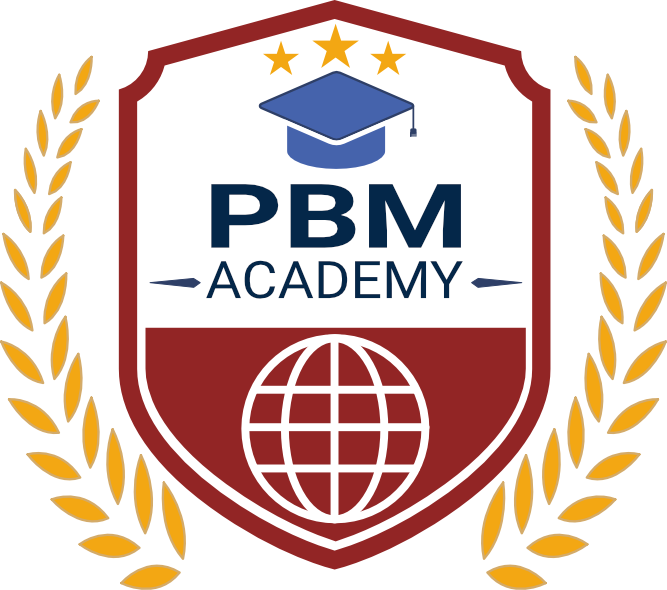AI in Manufacturing: How It Could Change Future Factories
Artificial intelligence (AI) can be applied to production data to improve failure prediction and maintenance planning. Companies will be able to recognize problems before they happen, improve their product assembly lines, and use computer vision-based methods to grow their business. This is in addition to the current benefits of AI in manufacturing which include lower costs and a reduced time. However, artificial intelligence (AI) or machine learning (ML) have the ability to accomplish this economically. AI systems, tools and applications can also identify minor defects in equipment. There are many more benefits and applications of AI in production, including better demand forecasting and reduced material waste.
AI fuels optical communication to become potential market for … – DIGITIMES
AI fuels optical communication to become potential market for ….
Posted: Mon, 30 Oct 2023 08:48:53 GMT [source]
To help with this, FANUC developed ZDT (Zero Down Time), a piece of software that gathers images from cameras, before sending them (and their accompanying metadata) to the cloud. After they’ve been processed, they can spot any potential issues that may appear. Computer vision is also replacing the spreadsheets and clipboards that have been so intrinsic to inventory counts over the years with a platform that now displays automatically the information required in real time. It matters because manufacturers—as part of the industry 4.0 evolution—are in general embracing automated product assembly processes. This allows it to make more accurate predictions on the future quality of a material or product, thus allowing your company to reach an error-free production.
ways to help the manufacturing sector embrace AI
Models based on deep learning can reduce production times, increase flexibility in manufacturing, and improve product quality. As a result, production processes become more efficient overall, costs are reduced. Digitization in the manufacturing industry has increased the capacity to access, analyze, and manage vast volumes of data while rapidly developing the information architecture in the factory. The data obtained from traditional enterprises and supply chains via sensors play a critical role in the successful operation of a manufacturing plant. A strongly coupled digitized system in the manufacturing industry improves the overall quality and reduces costs by improving defect tracking and forecasting abilities.
Therefore, it is necessary that the System would provide correct and reasonable results. Therefore Explainable AI is required to know the mistakes that the System can make and the safety measures. Most AI systems use black-box approaches to get accurate and correct results. But due to the complexity and less transparency in the systems, it has a lack of accountability in the decision-making process.
#3 Business Operations & Management
More specifically, we talk about a new era known as Industry 4.0, where automated manufacturing, supply chain, and logistics technologies are becoming more commonplace. It’s crucial for every manufacturer to have a well-managed supply chain so they have the parts they need when they need them. Maintenance is another key component of any manufacturing process, as production equipment needs to be maintained. Quality control is a key component of the manufacturing process, and it’s essential for manufacturing. Expect robotics and technologies like computer vision and speech recognition to become more common in factories and in the manufacturing industry as they advance.
Read more about https://www.metadialog.com/ here.
